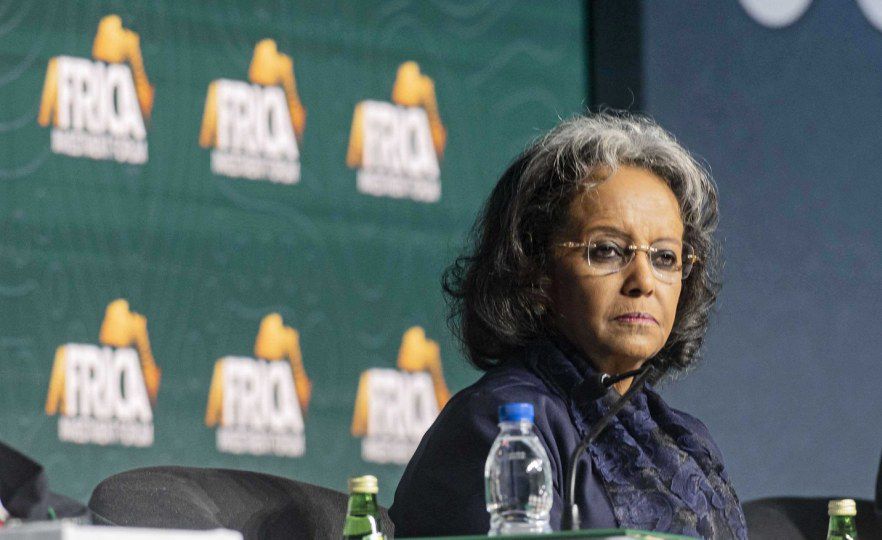Ethiopia has replaced Africa’s second most-populous first female President Sahle-Work Zewde with the country’s foreign minister Taye Astike Selassie, 68.
The decision became final on Monday, after Ethiopia’s parliament approved the appointment.
Ethiopia’s first female president, Sahle-Work Zewde, has resigned just days before the end of her tenure, amid reports of a fallout with Prime Minister Abiy Ahmed.

Sahle-Work, who won widespread praise for her appointment by Abiy in 2018 as a step toward gender equality in Ethiopian politics, had reportedly grown disillusioned with the country’s leadership.
The position is largely ceremonial in the larger scheme and structure of Ethiopia’s political scene
Sahle-Work’s presidency, though groundbreaking, was marked by tension with Abiy in recent years. She had been notably silent about key national issues, including gender-based violence during the two-year conflict in the Tigray region.
In a post on social media platform X last Saturday, she hinted at her dissatisfaction, stating she had remained silent for the past year.
Sources close to Sahle-Work, 74, indicated that she had long been unhappy and was looking forward to the end of her term, which was due later this month.
Despite her calls for peace during her tenure, critics argue she did not speak out enough about the ongoing violence, particularly in the Oromia and Amhara regions, where federal forces are engaged in deadly clashes with local militias.
Ethiopia is in an economic crisis with multiple internal crisis, including an ongoing transfer of weapons from Egypt to Somalia after Addis Ababa made a move for a route to the sea through Somaliland.
Djibouti has been Addis Ababa’s only route to the sea since Asmara seceded from Ethiopia, and with it the ancient country’s only route to the sea, in the early 1990s. It has since offered an exclusive port as part of regional plans to ease the multiple, ongoing tensions about Africa’s second most populous country lacking a viable route to the sea.
Taye Astike has been the country’s foreign minister since February 2024.